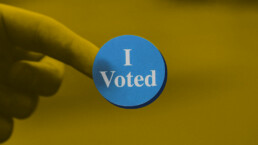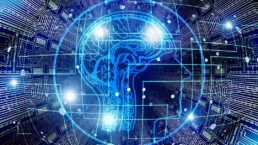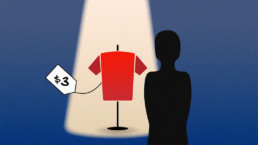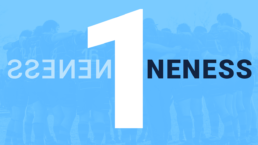
I was born in the heart of the Millennial generation – 1993 – to a middle class, liberal family. Old enough to remember getting a home computer and the dial up internet to come with it. Young enough to come of age with a smart phone in my pocket.
 It’s an interesting thing to be born into the peace and prosperity of the 1990s — only to enter adulthood in a world changed by a single terrorist event, a decade of war, and the greatest economic collapse in nearly a century.
It’s an interesting thing to be born into the peace and prosperity of the 1990s — only to enter adulthood in a world changed by a single terrorist event, a decade of war, and the greatest economic collapse in nearly a century.
The generation to follow mine – Generation Z– will be the first generation born into a world with constant screens and connectivity – raised amongst a sea of tablets and phones and told what to care about by social media. The American Generation Z is also the first modern generation to endure over 10 school shootings per year as a normality.
Students go to school analyzing which lunch table they could dive under, which classrooms would be the right ones to bunker in, and if they might sacrifice their life holding a door closed while being shot to death to save their childhood friends. These are the concerns of a 12-year-old attending school in the United States.
The last 30 years have bred two generations untrusting of democracy and capitalism, wary of the promises of politicians and businesspeople, surrounded by a continually polarizing society, and crowded by the voices and images of the collective internet of things. With immediate access to any piece of information in the world, the next generation can become knowledgeable about any topic, product, or organization within seconds. Research has shown Millennials and Gen Zs are more likely than previous generations to cut ties with a business if they offer products or services that negatively impact society or the environment.
Over the next 30 years, the Millennial generation is expected to inherit $30 trillion in economic wealth from Baby Boomers and Generation X. It will be the largest transfer of generational wealth in human history. It seems an appropriate time to attempt the biggest shift in economic strategy in human history. In 30 years, I will be 56, and I have every intention of looking someone younger in the face and telling them we solved the climate crisis and expanded human rights and equality.
It’s time for a different direction. It’s time we recognize the shortcomings of a profit-only model, which sacrifices people and planet. It’s time we place as much value on the long-term impacts of a company, as we place on the quarterly profits of a company. It’s time we define our generation and its impact on human history. It’s time we grow our money for good.
Jim Crawford is the Director of Communications at CoPeace. As a forward-thinking holding company, CoPeace is building a portfolio of carefully selected for-profit companies with measurable social and environmental impact. To learn more about impact investing, check out CoPeace’s Intro to Impact Investing.
Related Blogs
The Power of Policy
October 28, 2018
Regulating the Future
November 13, 2019
The Proof is in the Pudding
March 19, 2019
The Global Positivity Project
May 13, 2020
The Status Quo Must Change
June 1, 2020
The $3 T-Shirt
May 24, 2019
B Corps Reflect the True Cost of Business and Reward Stakeholders
February 25, 2020
Changing the World Isn’t Easy…
September 4, 2019
A Commitment to the Oneness
May 19, 2020








